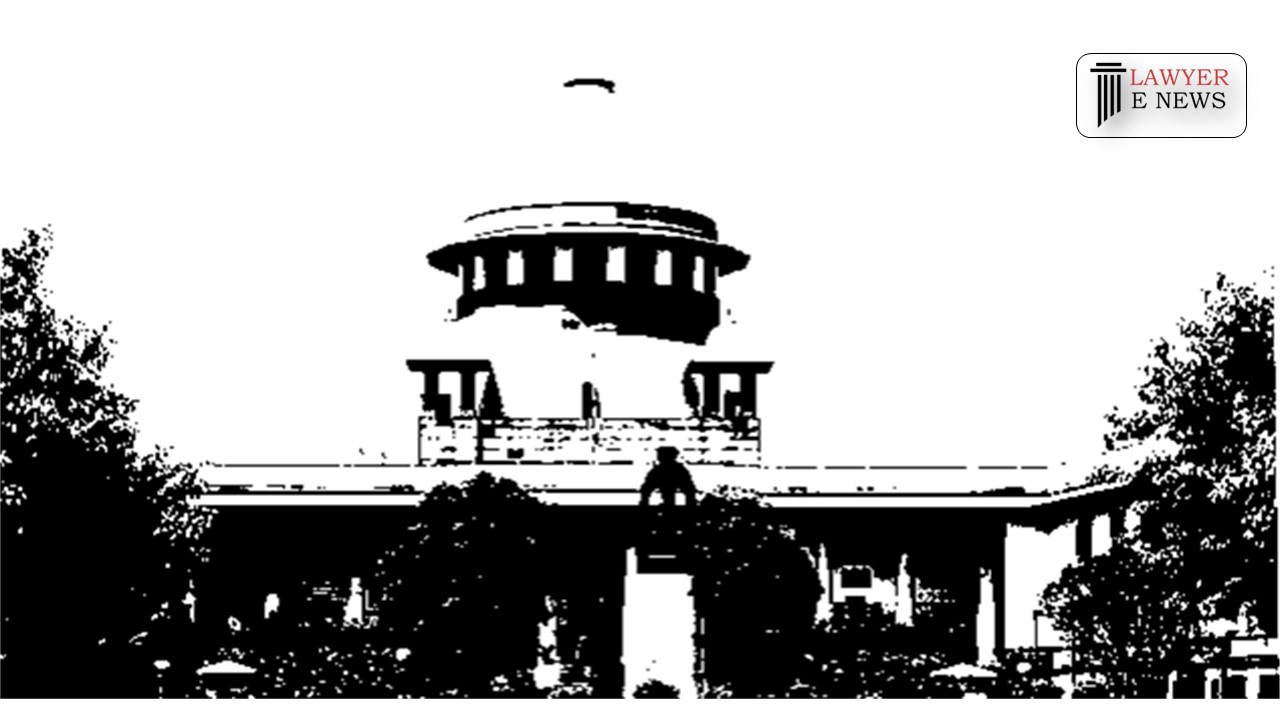-
by Admin
15 February 2026 2:36 AM



The Supreme Court of India ruled that caste-based insults must occur within public view to constitute an offense under the Scheduled Caste and Scheduled Tribe (Prevention of Atrocities) Act, 1989. The Court quashed the FIR and set aside the prosecution of the Station House Officer (SHO) for failing to act on the complaint.
The case arose from a complaint by Respondent No. 2 alleging caste-based insults at an equestrian training academy in Delhi. The High Court had directed the registration of an FIR and the prosecution of the SHO for not investigating the complaint. The Supreme Court was tasked with determining whether the allegations met the 'public view' requirement under Sections 3(1)(r) and 3(1)(s) of the SC/ST Act and whether the prosecution of the SHO was valid without an administrative inquiry.
Para 20: The Court emphasized that for an act to be considered an offense under Sections 3(1)(r) and 3(1)(s) of the SC/ST Act, the insult or intimidation must occur within public view. The allegations in the case did not specify the public context required under the Act.
Para 21: Private settings or WhatsApp group chats do not suffice to meet the 'public view' standard. The Court referred to previous judgments that clarified the need for public presence during the occurrence of such incidents.
Para 13-16: The Court highlighted that under Section 4(2)(b) of the SC/ST Act, the prosecution of a public servant requires a recommendation from an administrative inquiry. The High Court's order bypassed this requirement, rendering the prosecution order unsustainable.
Para 25: The Court noted that the Action Taken Report filed by the Assistant Commissioner of Police did not substantiate the allegations against the appellants. The report indicated that the complaints seemed retaliatory and not based on substantial evidence.
Decision: The Supreme Court quashed the FIR and the order directing the prosecution of the SHO. The allegations against the appellants did not constitute offenses under the SC/ST Act, as they did not meet the 'public view' requirement. The Court upheld the Metropolitan Magistrate's order calling for a preliminary inquiry, finding it legally justified and procedurally correct.
Date of Decision: May 17, 2024
Priti Agarwalla and Others vs. The State of GNCT of Delhi and Others
